
The FTC and FDA have issued 7 companies warning letters for marketing fraudulent COVID-19 products.

The FTC and FDA have issued 7 companies warning letters for marketing fraudulent COVID-19 products.

For African men living with HIV who are not virally suppressed, community-based antiretroviral therapy (ART) significantly increased viral suppression compared with clinic-based ART.

Stay on top of coronavirus developments from March 9, 2020.

New Week 96 data from the FLAIR study indicate that once-monthly injections of cabotegravir and rilpivirine remains non-inferior and safe when compared with the daily, oral 3-drug regimen of ABC/DTG/3TC.

A team of investigators inadvertently discovered a way to preserve vaccines at room temperature for long periods of time.

A team of investigators hypothesized that prevalent syphilis infection in women with and without HIV may be a way to identify individuals who are at an elevated risk of a stillbirth over time.

Despite the high level of knowledge surrounding immediate initiation of ART, the practice is not yet the standard of care across clinics in NYC.

An international team of investigators shares 48-week results from ATLAS-2M, which tested out every other month dosing of the intramuscular injection compared with monthly dosing.

Two new papers highlight the importance of the gastrointestinal tract in symptoms and spread of coronavirus.

Investigators conducted 2 studies on intravenously administered GS-9722, 1 in HIV-negative participants and 1 in virally suppressed people with HIV.

A generic pre-exposure prophylaxis (PrEP) option would greatly expand coverage among vulnerable populations and may well be the most cost-effective and safe option.

CVS Health is opening a Crisis Response Line to ease coronavirus-related anxiety.

A study evaluated whether frequent antibiotic use is associated with reduced infection related hospital admissions.

Pets are not currently known to spread coronavirus, according to the CDC.

Growing evidence suggests that antimicrobials also interact with host innate immunity to provide potent indirect effects which enhance bacterial clearance and may result in more rapid and complete effects

"We're going to have to figure out what our American approach is to this to and how we're going to take more aggressive mitigation steps," Scott Gottlieb, MD, said in his keynote address.
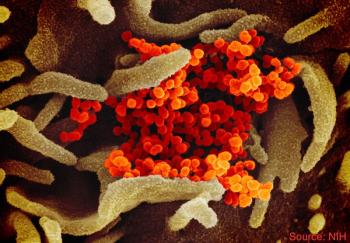
All health carriers regulated by the Washington Insurance Commissioner must waive copays and deductibles for consumers requiring COVID-19 testing through May 4, according to an order issued Wednesday.
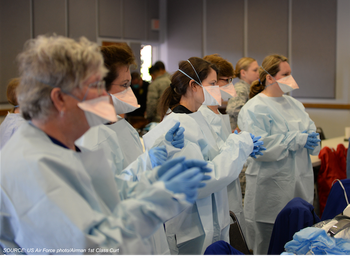
The World Health Organization says tens of millions of medical masks, gloves, and goggles will be needed each month as healthcare professionals attempt to deal with the spread of COVID-19.

Since the hospitalization of this patient, there are a reported 12 coronavirus deaths in the United States, with the majority in Washington state.
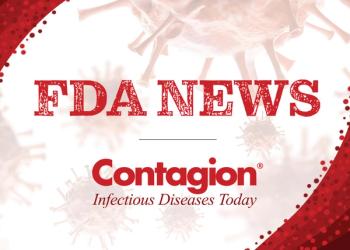
Here is a look at infectious disease-related US Food and Drug Administration (FDA) news from the week of March 1, 2020.

We’ve compiled a list of recalls issued by the US Food and Drug Administration (FDA) and US Department of Agriculture (USDA) from this past week:

Stay on top of coronavirus developments from March 6, 2020.

Stay up-to-date on the latest infectious disease news by checking out our top 5 articles of the week.

A briefing with media and Vice President Mike Pence, who leads the White House Coronavirus Task Force, lasted about a half an hour on Wednesday evening.

A new study explores the relation between patient chest CT scan findings and the clinical conditions of COVID-19 pneumonia.

Investigators in Rochester, NY, detailed the emergence of 3 antibiotic-resistant strains of Streptococcus pneumoniae since the introduction of the 13-valent pneumococcal conjugate vaccine in 2010.

Getting rid of the latent reservoir of HIV is a key part of the quest to cure HIV, but the latest study examining the kick and kill method plus ART showed no effect compared with ART alone.
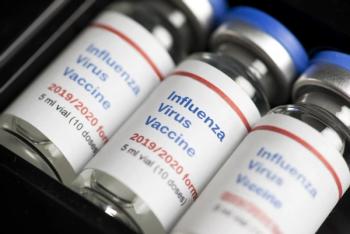
The influenza hospitalization rate for children and young adults has surpassed the rate documented during the second wave of the 2009 H1N1 pandemic.
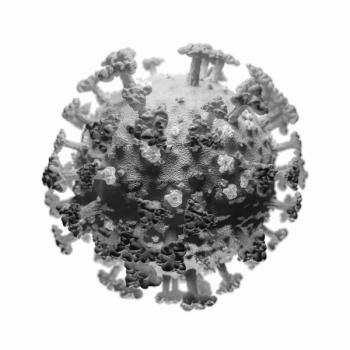
The patient is a 32-year-old male who is currently hospitalized in Bergen County.

In addition to providing important expertise into the management of this infection, our role in educating the public—in many cases providing an important perspective when fears tend to run high—is also essential.